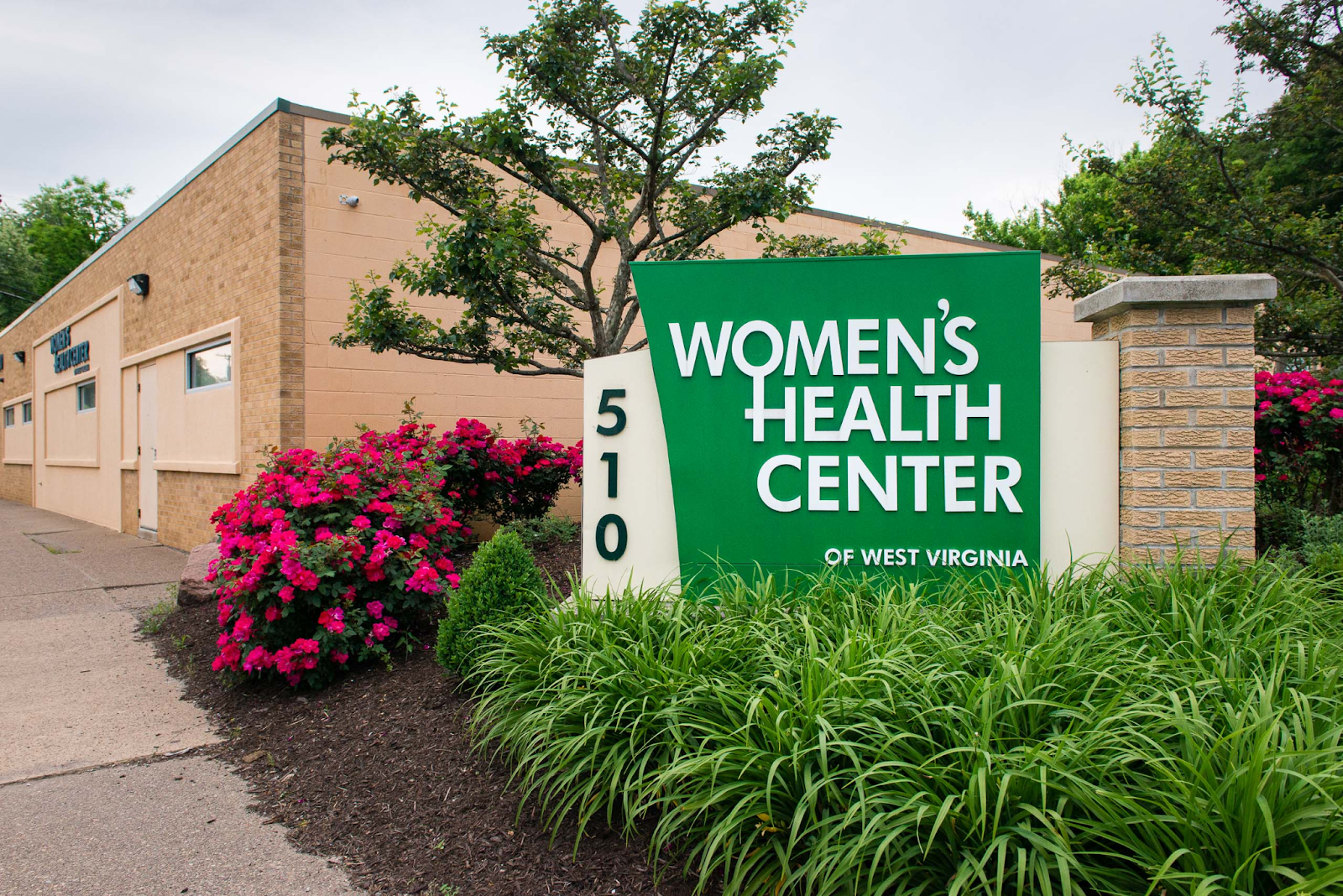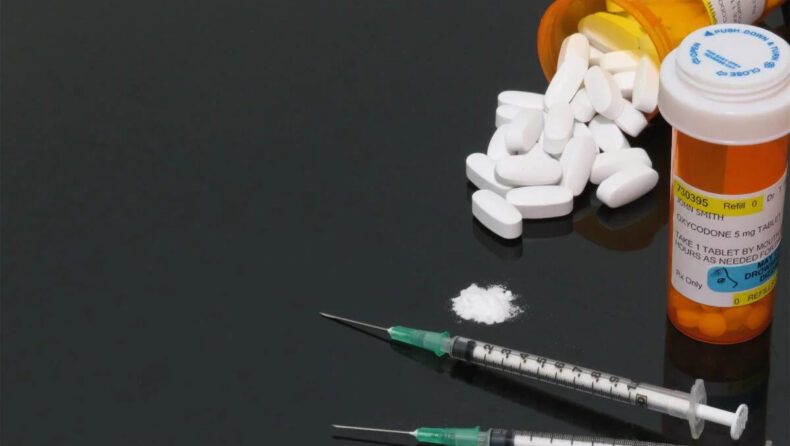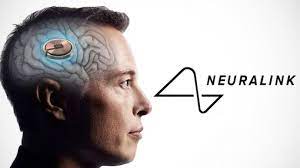Staff at the Women’s Health Center of West Virginia are intimately familiar with the challenges of delivering essential healthcare services, even in the face of contentious debates and attempts by government officials to impose limitations.
For years, the Charleston clinic stood as the sole abortion provider in the state until a recent legislative move by the state Legislature resulted in an almost complete prohibition of the procedure. Despite these changes, the clinic continued its operations, extending crucial reproductive healthcare services beyond abortions.
Presently, the clinic is actively pursuing the establishment of a syringe service program to support individuals struggling with drug use. This endeavor is not without its challenges, given the history of regulatory measures by Republican lawmakers in the deeply conservative state.
The forthcoming proposal, set for a crucial vote on Monday at the Charleston City Council, aligns with a larger trend among abortion providers nationwide. These providers are adapting their services in the aftermath of changes to Roe v. Wade, often diversifying their offerings to encompass other essential yet challenging-to-reach healthcare options for marginalized communities. These communities, akin to abortion patients, contend with comparable obstacles and societal stigmatization.
Healthcare at the Center
The Women’s Health Center of West Virginia and similar establishments have expanded their array of services to encompass gender-affirming care for transgender adults, including hormone therapy.

Alongside this, both the West Virginia clinic and a counterpart in Oklahoma are embracing harm reduction services. These initiatives are designed to address the concurrent health repercussions of intravenous drug use, such as HIV, through comprehensive strategies.
The Charleston clinic currently provides wound care, referrals for substance use disorder treatment, and training in administering opioid-overdose reversal drugs. However, its efforts to establish a syringe service program in West Virginia are met with considerable challenges.
This is especially significant in a state grappling with the highest rate of opioid overdoses in the United States. In 2021, the Centers for Disease Control and Prevention highlighted Charleston, the state capital, as the epicenter of the nation’s most worrisome HIV outbreak, primarily linked to intravenous drug use.
The vast majority of West Virginians have felt the effects of addiction and experienced personal losses, leading to a collective familiarity with these challenges. Within this context, numerous individuals hold strong convictions regarding the most effective approaches to addressing addiction and supporting those in its grip. These beliefs frequently diverge, even among those who share common experiences.
Residing merely a block away from the Women’s Health Center is Pam Stevens, who tragically lost her son Adam to a drug overdose at the age of 44. She holds the perspective that the proposed program, while well-intentioned, might inadvertently facilitate and perpetuate addiction among those who are already struggling.
During a recent public hearing, she expressed her strong disapproval of the notion to establish a syringe service program at the longstanding abortion clinic, deeming it “an appalling concept.”
Stevens voiced her perspective, stating, “It would be more fitting for the Women’s Health Center to fulfill its intended purpose by delivering exceptional healthcare to women, rather than accommodating drug addicts in need of needles.”
Danni Dineen, who contracted hepatitis C due to intravenous drug use, shared her experience with a syringe service program that went beyond simply providing access to needles. During the depths of her addiction, the program’s addiction specialists established a foundation of trust and connection with her. This supportive relationship ultimately played a pivotal role in guiding her towards treatment and recovery.
“I genuinely and sincerely doubt that I would be addressing you in person today,” remarked Dineen, who now serves as a coordinator for city-administered programs aiding individuals contending with substance use, mental health issues, and homelessness.
Syringe service programs function by facilitating the exchange of used and contaminated syringes, employed for drug injection, for new and hygienic ones. These programs are endorsed by the CDC as strategies to effectively limit the transmission of infections. In addition to this, they typically encompass a spectrum of services, such as guiding individuals toward counseling and treatment for substance use disorders.
While such programs are present across the country, they have not escaped criticism from those who argue that they fall short in deterring drug use. This viewpoint persists even as CDC studies indicate that individuals engaged in syringe service programs have a higher likelihood of achieving recovery.
In Charleston, West Virginia, the West Virginia Health Right provides a syringe service as part of its comprehensive efforts directed at underinsured communities. However, this program constitutes only a fraction of the organization’s broader services. Notably, state data from 2022 revealed that for every 100 syringes distributed by a program in the somewhat smaller city of Morgantown—home to the state’s flagship university—Health Right distributed less than one syringe.
In response to these dynamics, West Virginia’s Republican Governor, Jim Justice, enacted legislation in 2021. This law mandates that syringe providers acquire state licensure and necessitates recipients to establish proof of residency, along with the requirement to return each needle after use.
Subsequently, the Charleston City Council enacted an ordinance stipulating that programs must retrieve a minimum of 90% of the syringes they distribute. Failure to comply with these regulations could lead to misdemeanor charges, coupled with fines ranging from $500 to $1,000 for each violation. Additionally, the programs necessitate approval from both the city council and county commission to operate.
In the year since the prohibition on abortions, Katie Quinonez, the executive director, has been at the forefront of establishing the Women’s Health Center of Maryland, a sister clinic located just across the state border. This innovative approach enables Charleston providers to refer individuals to the Maryland clinic, covering procedure costs through its abortion fund.













